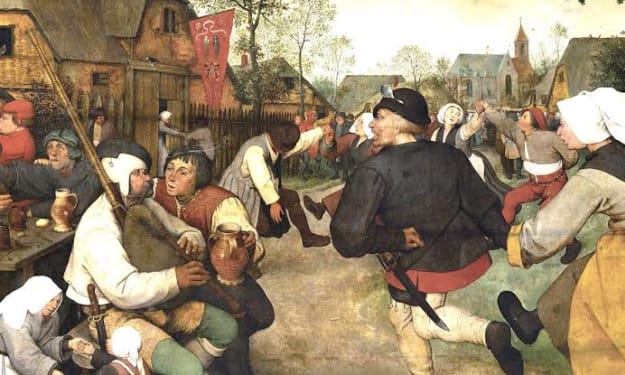
Subhash Chandra Bose, a prominent figure in India's struggle for independence, remains a controversial and enigmatic figure even today. Known for his charismatic leadership and radical ideologies, Bose played a pivotal role in shaping the course of India's freedom movement. However, behind the widely known narrative lies a hidden story that sheds light on Bose's complex character and his mysterious disappearance.
Born on January 23, 1897, in Cuttack, a town in present-day Odisha, Subhash Chandra Bose grew up in a politically active family. Influenced by the teachings of Swami Vivekananda and his own nationalist fervor, Bose developed a deep-rooted commitment to liberate India from British rule. His fiery speeches and unwavering determination earned him the title "Netaji," meaning "Respected Leader."
Bose's rise to prominence within the Indian National Congress (INC) was rapid. He served as the president of the party twice, first in 1938 and then in 1939. However, his radical views and confrontational approach to the British colonial administration led to a clash with the more moderate leaders of the INC. Disillusioned with the party's policy of non-violence, Bose sought support from other nations to achieve India's independence.
In the early 1940s, Bose sought assistance from Germany and Japan, both of which were at war with the Allies during World War II. In 1941, he traveled to Germany, where he met Adolf Hitler and sought assistance in securing India's freedom. While Bose's association with authoritarian regimes is often criticized, it is crucial to understand the complex geopolitical situation at the time. Bose believed that the enemy of his enemy could be his friend and saw an opportunity to exploit the power struggle between the Axis and the Allies.
With Germany's support, Bose established the Indian National Army (INA) in 1942, which comprised primarily of Indian prisoners of war captured by the Japanese in Southeast Asia. The INA played a crucial role in the Burma campaign, fighting alongside the Japanese forces against the British. Bose's presence in Southeast Asia and his efforts to mobilize Indians against the British created a new dynamic in the struggle for independence.
However, the tide of the war turned against the Axis powers, and Bose's dream of a triumphant march into India started to fade. In 1945, Bose boarded a plane in Saigon, Vietnam, heading towards Japanese-occupied Taiwan. Tragically, the plane crashed, and Bose sustained severe injuries. He was taken to a nearby hospital, where he succumbed to his injuries on August 18, 1945.
Or so the official version goes.
The hidden story of Subhash Chandra Bose revolves around the numerous conspiracy theories and claims of his survival. Several theories emerged, suggesting that Bose did not die in the plane crash but instead managed to escape and live in anonymity. The lack of conclusive evidence about his death, combined with the secrecy surrounding the circumstances, fueled these speculations.
One theory suggests that Bose faked his death to evade the British and lived under a new identity. This theory gained momentum with reports of alleged Bose sightings in various parts of the world, including India, Soviet Union, and China. Despite multiple inquiries and investigations, the truth behind Bose's disappearance remains elusive.
In recent years, there have been renewed efforts to uncover the truth about Bose's fate. In 2015, the Indian government declassified a set of documents related to Bose, hoping to shed light on the mystery. However, the released files failed to provide any definitive answers and only added to the intrigue surrounding his story.
The enigma surrounding Subhash Chandra Bose persists, captivating the imagination of people across generations. Whether he perished in the plane crash or managed to escape, Bose's contribution to
India's struggle for independence remains significant. His unwavering determination and radical approach challenged the status quo and inspired a generation of freedom fighters.
Regardless of the hidden story, Subhash Chandra Bose's legacy lives on as a symbol of courage, sacrifice, and the relentless pursuit of freedom. His name continues to evoke emotions and spark debates, reminding us of the complexities inherent in the fight for independence and the enduring quest for truth.





Comments
There are no comments for this story
Be the first to respond and start the conversation.